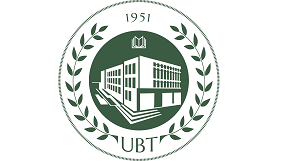1Trakia University, Faculty of Veterinary Medicine / 6014 Stara Zagora, Bulgaria
2Trakia University, Faculty of Agriculture / 6014 Stara Zagora, Bulgaria
3Trakia University, Faculty of Medicine / 6000 Stara Zagora, Bulgaria
*Corresponding author e-mail: hmi_atanasoff@mail.bg
Abstract:
Long-term starvation can greatly disrupt homeostasis and leads to oxidative stress. In the present study, a comparison was made between stress hormone, glucose and acute phase protein levels in starvation. To evaluate the effect of starvation on plasma cortisol, glucose and ceruloplasmin and fibrinogen levels of carp, fishes were starved for a period of seven months. Blood samples were obtained from the vena caudalis after electrical stunning. The collected blood samples (approximately 2.0 ml) were centrifuged at 2500 rpm for 5 min at room temperature and plasma was immediately separated and stored at -20°C until analysis. Plasma cortisol was assayed by laser fluorescence reader (i-chroma TM Reader Boditech Med Incorporated). Plasma glucose levels were analysed with commercial diagnostic kits. The concentrations of acute phase proteins were estimated by nephelometric and colorimetrically methods. The results revealed that plasma cortisol level were not affected by 150-day starvation (17.31±0.37). However, after 180 (17.81±0.90) and 210 days (18.42±0.22) in fish previously starved values increased (P>0.05) and remained high until the end of the experimental period. The release of cortisol was accompanied with reduction in glucose activity in the 210 day (2.15±0.46) but significant changes were not detected (P>0.05). An increment in the levels of ceruloplasmin (31.93±4.21) of starved fishes was recorded, whereas a decline in the fibrinogen values was observed (0.83±0.16).
Keywords: Acute phase protein, carp, cortisol, glucose, starvation.

